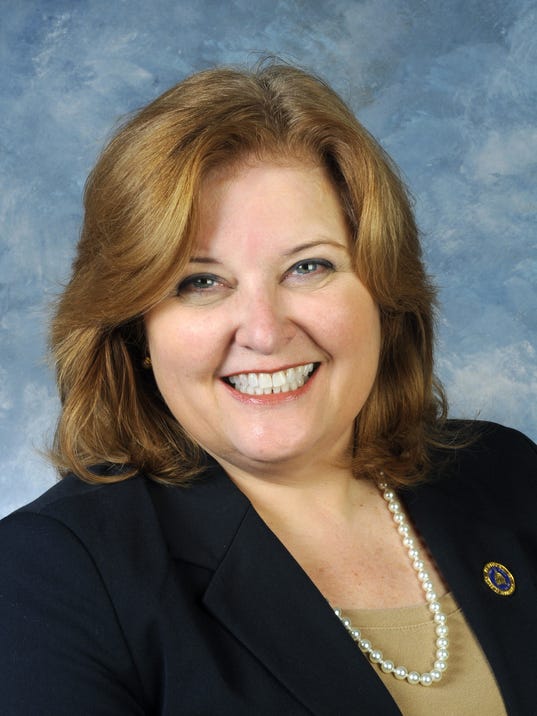Women, Peace & Security
Source: The Courier-Journal
Throughout history, we have seen the effectiveness of women in resolving conflicts and affecting lasting change.
As elected women leaders in the United States, Egypt and Morocco, we know how important it is to include women in decision-making. In the Middle East, North Africa, and the United States, we have seen the active engagement of women in conflicts, revolutions, and the prevention of government shutdowns. Women leaders resolving conflict in the world at large could not come at a better time. From Iraq and Syria to Pakistan and Afghanistan, women are raising their voices, working to end conflict and speaking up for peace and the betterment of their families and communities. It is time for lawmakers to do our part as well.

Legislation has been an important tool to empower women in the fight for equal access to decision-making positions and governing bodies. In 2000, United Nations Security Council Resolution 1325 on Women, Peace and Security laid the foundation for a global vision of lasting peace. Women's role in building that peace had been essential, especially in places where women have been actively excluded from leadership and decision-making roles.
UNSCR 1325 paves the way for countries to create National Action Plans on Women, Peace and Security. The plans recognize that women are successful leaders in preventing and resolving conflicts, and their inclusion in decision-making processes is vital to the maintenance of international security and peace. They give governments a roadmap for advancing gender equality, protecting women's rights and ensuring the full and equal participation of women in all peace, security, and decision-making processes.
Women understand that true security only comes with human and economic security, not just the presence of tanks and troops. Women's leadership is associated with access to clean drinking water, food, health care, shelter, education, and bodily integrity.
Recently, women leaders convened in Morocco for the WAND, (Women Advocates for New Directions) and WiLL (Women Legislators' Lobby) Legislative Exchange in Morocco. The purpose was to advance women, peace and security issues, encouraging their active participation in resolving violent conflict, eliminating gender-based violence, and guaranteeing equal access to humanitarian aid in crisis situations.
All decision-makers should support global efforts to empower women and ensure their full and equal participation in all peace and security processes. As women leaders, we recommend that all governments support UNSCR 1325, create National Action Plans, and implement them immediately in support of putting dynamic women at the tables of power.
Together let's raise our voices for peace and security.
Rep. Joni Jenkins is a Shively Democrat who represents Louisville's 44th District. Also contributing to this article were Loubna Amhaïr, a member of the Moroccan House of Representatives since 2011, Marianne Malak a member of the Egyptian Parliament and a member of Egypt's National Council for Human Rights and Lena C. Taylor, who represents the 4th District in the Wisconsin Senate and is the first African-American to chair the Senate Judiciary Committee.
